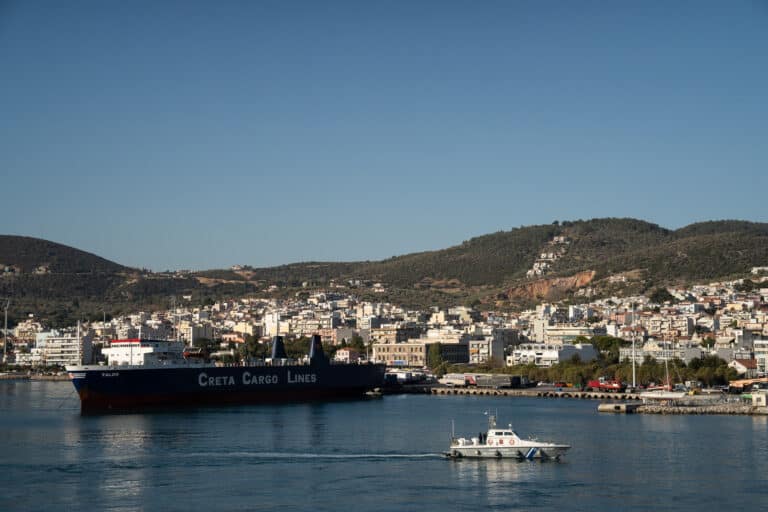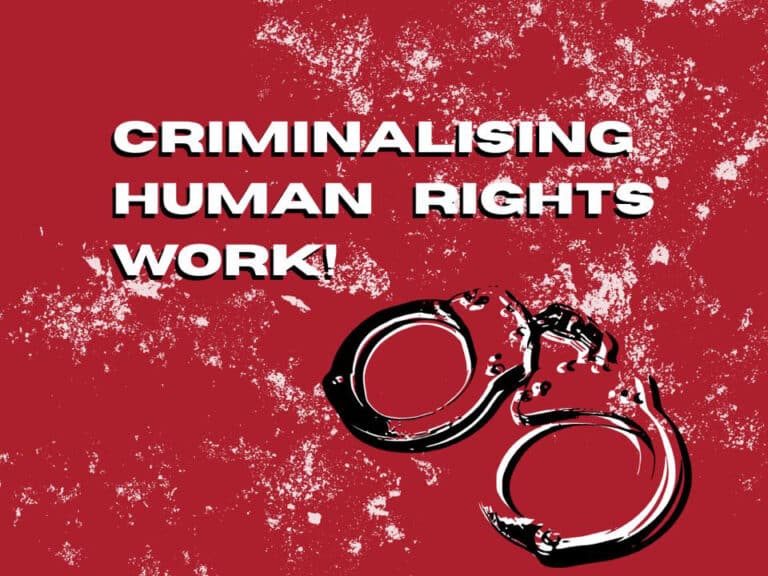For over thirty-five years, people have asked CPTers, “Has CPT been successful?” This is often a loaded question, usually difficult to define. CPT has been in solidarity accompaniment in Palestine since 1995, and the occupation has not ended. Our team has been active in Iraq and Iraqi Kurdistan for two decades now, and Turkey continues to bomb the Kurdish farmers living in the border areas. Building partnerships and transforming violence is a long-term commitment to embodied solidarity often visible in the micro-successes of evacuating threatened partners in Colombia from their village when the risk to their lives demands it. Successful solidarity looks like a report published by the team in Lesvos that persuades European parliamentarians to take action to facilitate refuge for migrants and refugees arriving on the shores of Europe or when the team on the US/Mexico border safely accompanies a migrant out of harm’s way towards seeking asylum. The work of solidarity accompaniment is granular, detailed and calculated, often dealing with the immediate context while illumining the larger structural issues that create injustice and violence.
But that is not always the case with success.
Last week, the President of Colombia, Gustavo Petro, on behalf of the government, granted titles to fifty plots of land for the campesinos—small farmers—of Las Pavas. This decision marks a significant moment in the country’s attempt at land restitution and to address the landlessness of millions of Colombians who were internally displaced during more than half a century of internal conflict. CPT accompanied the 116 campesino families from 2009 to 2022 in their nonviolent struggle to resist forced displacement from palm oil companies. These companies used right-wing paramilitary forces to intimidate and displace the campesinos to grab land for monocultivation. The families’ brave insistence on justice and peace did not go in vain; in 2013, they were nationally recognised for their emblematic and exemplary nonviolent struggle and were awarded the National Peace Prize.
On receiving the land titles, Misael Payares, one of the community’s leaders, thanked the organisations, including CPT, for accompanying the people’s resistance even when the state had abandoned them. Another community leader, Claudia Machuca, thanked the President but also made it clear to him that the agrarian reform process in Colombia was not born with the delivery of the land titles but with the blood, tears, and struggle of campesinos over many years.
Today, we celebrate with the farming families of Las Pavas and stand in awe of their resistance. These are the successes of solidarity accompaniment and partnership. A celebration like this might come once in twenty years, but as Claudia said, social justice is built on years of resistance struggles at the cost of forced displacement, violence, and even assassination.
CPT seeks to create safe spaces for our partners to do the work of peacebuilding and justice, and it is in these spaces where the success of accompaniment lies.




